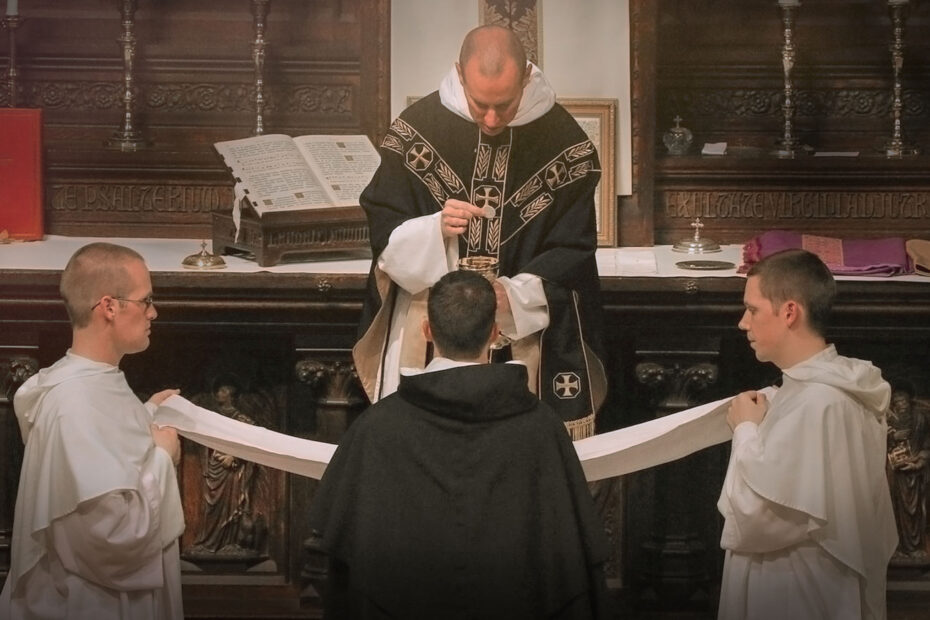By Judie Brown
Like the centurion in Matthew 8:13, we say, Lord, “I am not worthy to have you under my roof; just give the word and my servant will be cured.”
Each person who approaches the Eucharist with this prayer in her heart is someone who truly understands, appreciates, and is devoted to the real presence of Christ in the Eucharist. We are positive that can be said for the 15,000 Australians who recently participated in that nation’s Eucharistic Congress.
In our nation as well, bishops are encouraging a deeper devotion to the Eucharist. On that topic, Pennsylvania’s auxiliary bishop William Waltersheid, VG, STL, said of Christ:
He is our Shepherd, who guides us and protects us through the dark valleys of life, through difficult days when things seem impossible. He dwells in our midst in the Tabernacle. He comes upon our altars at Mass. He asks that we come before Him and lay everything before His most Sacred and Eucharistic heart.
In these few words we find the solace and the inspiration that beckons us to Him. We are all unworthy, after all, but we know in our hearts that Christ loves our brokenness, He welcomes our tears, and He is ever ready to comfort us.
A commentator recently put the truth of the Eucharist in the following words:
The charity infused in us as we participate of the sacrifice of the Mass and—if we are so blessed—receive Holy Communion, can and must make us better disciples and more courageous apostles. Mass has to make us different, as St. John Chrysostom said: “Let us then return from that Table like lions breathing fire, having become terrible to the devil, thinking about the love which He has shown for us.” This is the surprising power of the sacrament of charity: when Christ is in us, we breathe the fire of love and become terrible to the devil. With this grace, we can become saints, we can set the world on fire.
That is the blessing that awaits us who approach the altar with a sincere heart. But it also reminds us that for too many, the reality of the miracle ensconced in the bread and wine is either not understood or is ignored. This is why Father Peter Stravinskas’ words bring a chill to our hearts: “If the signs and symbols of the liturgy do not reinforce that doctrinal assertion, nothing can or will change. Don’t expect a second grader to believe that ‘Jesus is present’ when the Sacred Host is treated like a Frito in all too many parishes.”
And that is actually not the worst part. Eucharistic preacher and pastor Father Jonathan Meyer, said that “over 90 percent of Catholics don’t understand the Mass” in the first place! This horrifying reality begs to be repeated with love and clarity to every Catholic priest and deacon because they are the ones who can touch the souls of those who have not heard the good news.
The Catechism teaches (#1410): “It is Christ himself, the eternal high priest of the New Covenant who, acting through the ministry of the priests, offers the Eucharistic sacrifice. And it is the same Christ, really present under the species of bread and wine, who is the offering of the Eucharistic sacrifice.”
Nothing short of believing in this mystery can help each person not only understand the blessing of the sacrament but experience that heartfelt awareness of unworthiness that inspires us to sing: “O Lord, I am not worthy that thou should’st come to me; but speak the word of comfort, My spirit healed shall be.”
